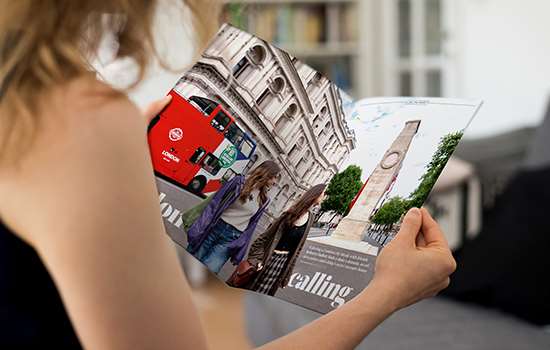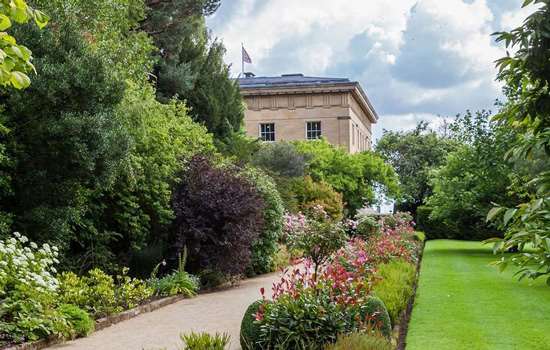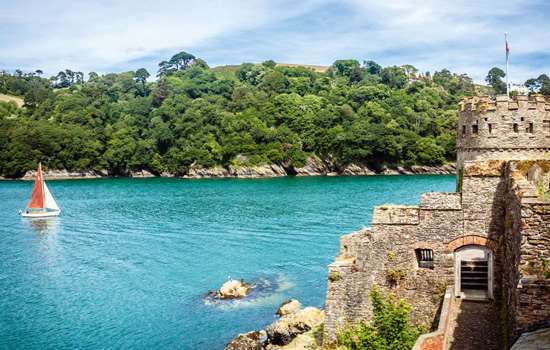Empowering Connections: The women who ran the country house
Dr Megan Leyland, Senior Properties Historian
Originally aired Wednesday 26 March 2025, 6pm–7pm
We care for several beautiful country houses across England, from the shell of Witley Court in Worcestershire to the Greek revival Belsay Hall in Northumberland.
In their roles as managers, hostesses, and mistresses to communities of servants, women were often the glue which held these vast country homes together. This women’s history month talk will uncover the powerful women at the heart of the country house and the fascinating connections they fostered there.
Megan is a historian specialising in the country house and gender history. In particular, her research has focused on the role of women in shaping the architecture of their homes in the 18th and 19th centuries.
Watch again now.
Making Connections at Thornborough Henges
Christine Clarke, Community Lead Volunteer
Originally aired Wednesday 26 February 2025, 6pm–7pm
The unique Neolithic triple henges at Thornborough are considered a sacred site set in a wider sacred landscape. Thanks in part to the Pagan community who campaigned for their protection, English Heritage gained Thornborough’s central and south henges in January 2023. The community then strongly pushed for English Heritage to buy their sacred north henge, with the three henges being reunited in January 2024. The Pagan community continues to hold their Beltane and Mabon celebrations there, with some of their members now part of the Thornborough volunteer team. This lecture discusses how the Pagan community and English Heritage work together, and how the sacred is celebrated at the henges today.
Christine Clarke is the Community Lead Volunteer for Thornborough Henges, with long standing connections to Thornborough and part of the Pagan community.
Watch again now.
Reconnecting Hadrian’s Wall: the many cultures of a Community on the Frontier of Empire
Dr Andrew Roberts, Properties Historian
Originally aired Wednesday 22 January 2025, 6pm–7pm
For almost 300 years, Hadrian’s Wall stretched across the north of Britain, an intimidating part of the frontier of the Roman Empire. A close look at the buildings and objects found by archaeologists reveals that the Wall was a place of cultural connection, of cultures and people from across, and even outside of the Roman empire. The Wall’s social, and particularly its religious life, mixed local rituals with imported Roman traditions, and added those brought by the garrison from as far away as Spain, Romania, and Syria.
With almost ten year’s experience at English Heritage, Andrew has previously been project historian on Chesters Roman Fort, Corbridge Roman Town and Birdoswald Roman Fort – all on Hadrian’s Wall.
Watch again now.
Pins, prayers, poems and plantations: castle connections
Dr William Wyeth, Properties Historian
Originally aired Wednesday 18 December 2024, 6pm–7pm
A ruined castle is a glorious thing. But can it also be strange? Can it cause a lump in the throat, or prompt sympathetic frustration across six centuries? Can we see in it Britain’s colonial and imperial past? Can castles connect us? This talk will venture across space and time to discuss the ways in which castles can dazzle, entertain, unite and inspire.
Will researches castles and castle landscapes and has worked at English Heritage since 2017. Since joining he has contributed to projects at Stokesay, Richmond, Middleham and Warkworth castles, where he researched and wrote new panel text and digital content, and led members’ tours. He is interested in popular and theoretical approaches to understanding medieval buildings and societies.
Watch again now
Connected to the Continent: the influence of Roman Gaul on Wroxeter
Cameron Moffett, Curator
Originally aired Wednesday 27 November 2024, 6pm–7pm
Evidence for the architecture of Wroxeter’s second-century civic centre includes monumental sculpture in the Gallo-Roman style, probably carved by masons brought over from Gaul. A recent re-examination of other finds of that period has shown that religious and cultural practices common in Gaul had also spread as far as Wroxeter in Shropshire. These customs were brought there mainly by civilians, probably from within the commercial community, who migrated up the newly created Watling Street.
Cameron is a curator of archaeological collections. Her research into the collections from Tintagel Castle means she has been able to trace evidence for mead production back to Roman sites such as Wroxeter and locations on Hadrian’s Wall.
Watch again now
Past lectures
-
Kevin Booth: The end of the Cold War: duty, detergent and the Royal Observer Corps
Originally aired Tuesday 27 March 2024
-
Bethan Stanley: Behind the glitter: the making of the J.W. Evans silverware factory
Originally aired Tuesday 27 February 2024
-
Dr Dominique Bouchard: Fighting for freedom: Kenwood and the case of Somerset v Stewart
Originally aired Tuesday 30 January 2024
-
Dr Matt Thompson: Iron Bridge and the Heart of Industry
Originally aired Tuesday 12 December 2023
-
Dr Francis McIntosh: The Discovery of Hadrian's Wall
Originally aired Tuesday 28 November 2023
-
Dr Jennifer Wexler: The first farmers: Neolithic Britain
Originally aired Tuesday 31 October 2023
-
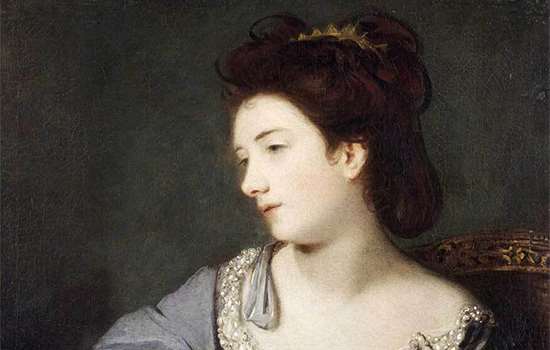
Louise Cooling: The life and works of Sir Joshua Reynolds
Originally aired Tuesday 11 April 2023
-
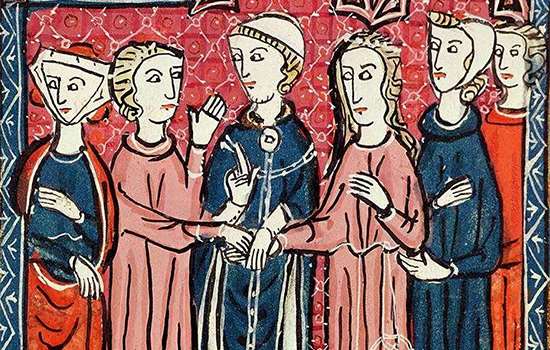
Samantha Stones: Isabella de Fortibus and Carisbrooke Castle
Originally aired Tuesday 7 March 2023
-
Eleanor Matthews: Cooks, chauffeurs and coachmen - life at Brodsworth Hall
Originally aired Tuesday 7 February 2023
-
Dr Michael Klemperer: The Evolving Garden History of Belsay Hall
Originally aired Tuesday 10 January 2023
-
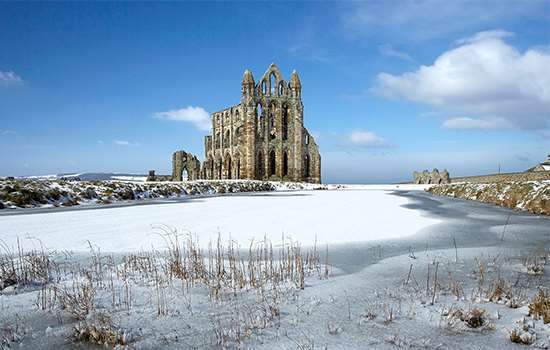
Dr Michael Carter: A Merry Monastic Christmas
Originally aired Tuesday 13 December 2022
-
Dr Matt Thompson: To the Heart of the Stone
Originally aired Tuesday 8 November 2022
-
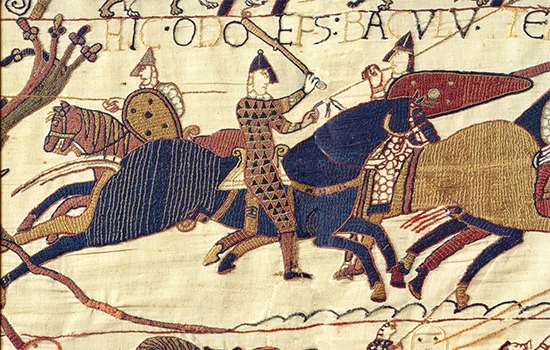
Roy Porter: Anatomising the Battle of Hastings
Originally aired Tuesday 18 October 2022
-
Dr Megan Leyland: Henrietta Howard and her retreat at Marble Hill
Originally aired Tuesday 8 March 2022
-
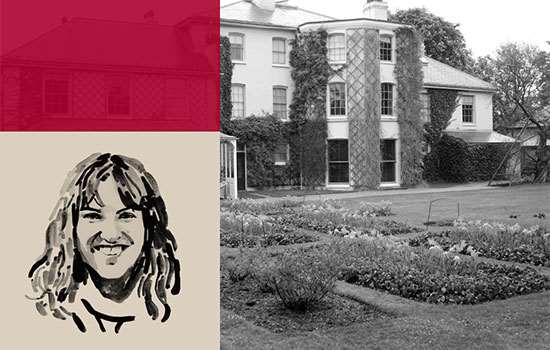
Emily Parker: Charles Darwin's Living Laboratory at Down House
Originally aired Tuesday 8 February 2022
-
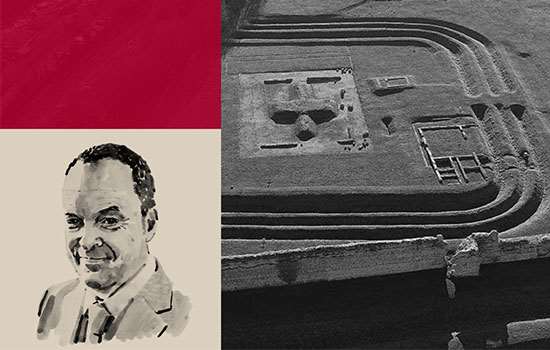
Paul Pattison: Richborough Roman Fort Gateway to Britannia
Originally aired Tuesday 11 January 2022
-
Alice Tate-Harte: Conserving the Vegetable Seller by Joachim Beuckelear
Originally aired Tuesday 7 December 2021
-
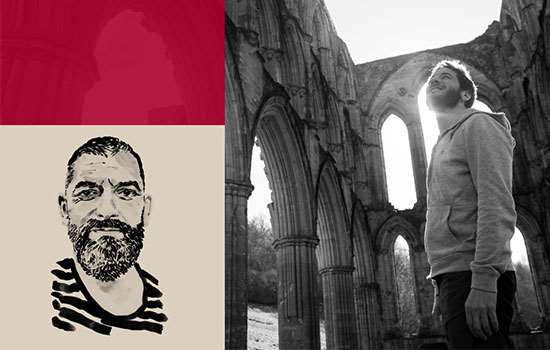
Dr Michael Carter: What happened to England's Monastic Treasures
Originally aired Tuesday 2 November 2021
-
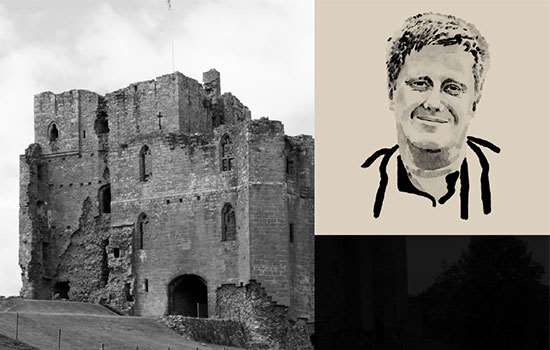
Dr Jeremy Ashbee: Life and Death in a Medieval Castle
Originally aired Tuesday 5 October 2021

